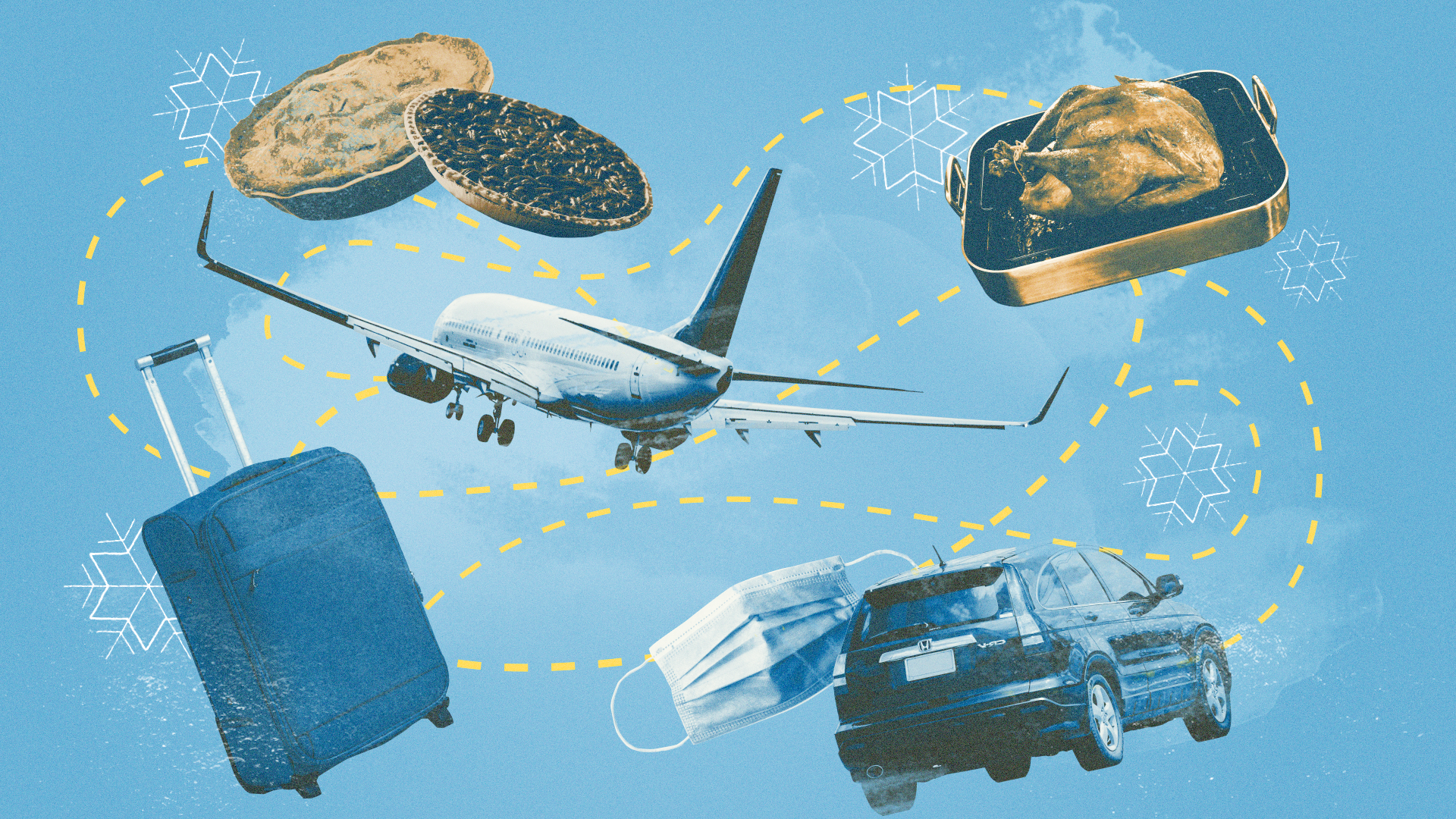Travel advice - WHO - World Health Organization Can Be Fun For Anyone


Travel after coronavirus pandemic: When will it be safe?
The Main Principles Of CDC cuts travel advice from guidelines for vaccinated people
As a primary step in planning any journey abroad, check the Travel Advisories for your intended location. Found Here can see the world at a look on our color-coded map. Keep in mind that conditions can change rapidly in a nation at any time. To get updated Travel Advisories and Alerts, select the method that works best for you at travel.
From colonial bed and breakfasts in New England to stagecoach stops from the Old West, the US is full of lovely historic locations to spend the night.


Outbreaks and Lockdowns Spoil Some, Not All, Holiday Travel Plans - myDigitalOffice
The word travel has come to exemplify a typical spelling quandary: to double or not to double the last consonant of a verb prior to adding the ending that forms the previous tense (ed) or the ending that forms the present-participle (ing.) We see it done both wayssometimes with the very same word (travel, traveled, traveling; travel, took a trip, travelling ).
Facts About Best Travel Guides, Cool Hotels and Interesting Events - Thrillist Revealed
But as writers, we require to know simply when we ought to double that last consonant and when we need to not. Due to the fact that American practice differs somewhat from British practice, there is no one response. However there are well-established conventions. In American writing, when you have a one-syllable verb that ends with a single vowel followed by a single consonant, and you desire to add a regular inflectional ending that starts with a vowel, you double that final consonant prior to including -ed or -ing: stop, stopped, stopping; flag, flagged, flagging.
If that syllable is not stressed, there is no doubling of the final consonant: gallop, galloped, galloping; travel, took a trip, traveling. British spelling conventions are similar. They differ American practices only when the verb ends with a single vowel followed by an l. In that case, no matter the tension pattern, the last l gets doubled.
But it also has travel, travelled, travelling and cancel, cancelled, cancelling, considering that in the context of British writing the verb's final l, not its stress pattern, is the determining aspect. Verbs ending in other consonants have the very same doubling patterns that they would have in American writing. An outlier on both sides of the Atlantic is the small group of verbs ending in -ic and one lonely -ac verb.
